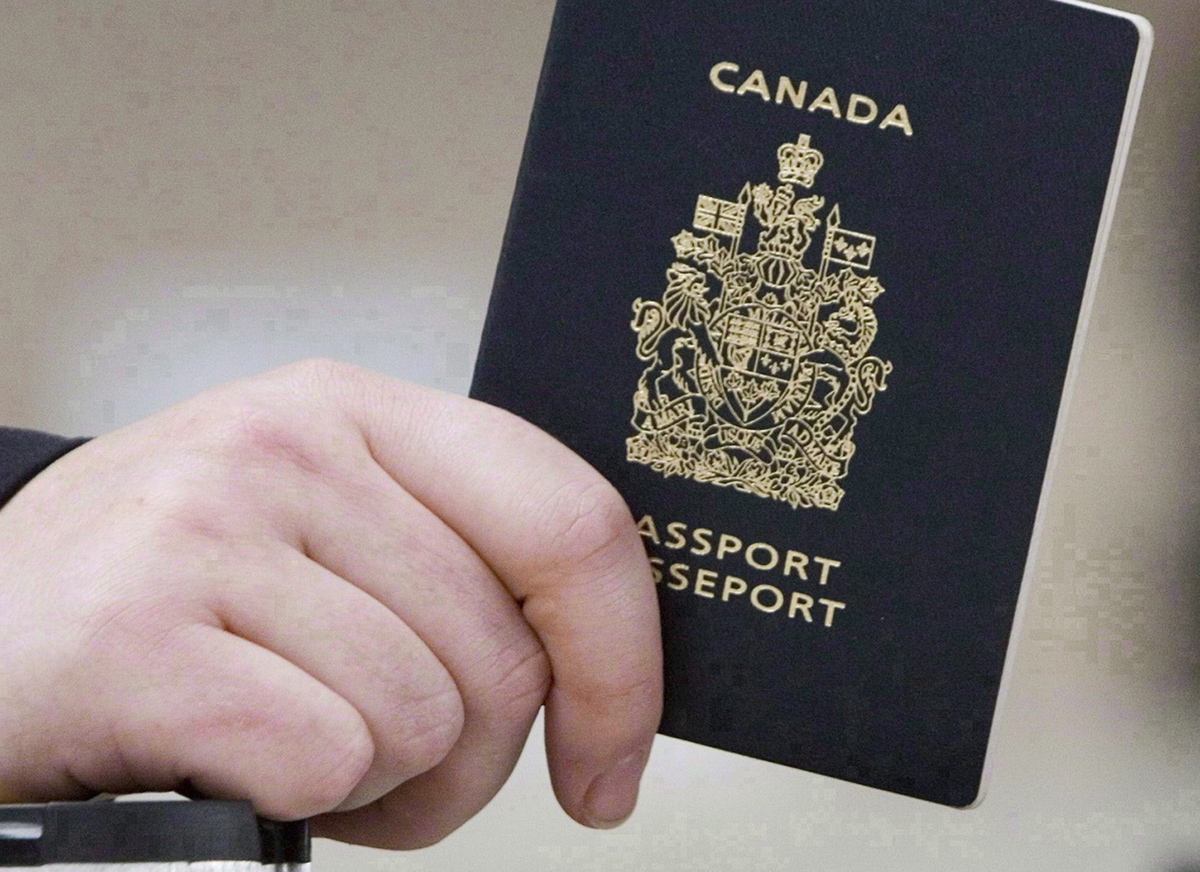OTTAWA – The federal Liberals could easily drop any mention of sex or gender from identity documents like passports immediately, notwithstanding concerns civil servants have expressed about the idea privately for more than a year, a senior official with the Canadian Human Rights Commission says.

Marcella Daye, the acting manager of policy at the commission, said having gender-neutral identity documents like passports is the number one issue transgender Canadians have raised in recent consultations with the commission.
WATCH: Tracking the history of LGBTQ rights in Canada

Daye said the longer the government waits to move to gender-neutral identity documents, the longer it exposes transgender Canadians and other members of the LGBTQ community to potential problems or danger.
READ MORE: Pride Toronto denies it has agreed to ban police floats from future parades
Consultations the commission has held with transgender Canadians on this topic have shown concerns about travellers blocked from getting on a flight because they don’t look or match the gender listed on their passport, or becoming the subject to harassment, said Daye, a senior policy adviser to the commission on LGBTQ issues.
“Sometimes when you toss out the idea that this is harmful and we need to change this one thing, people go, ‘but there are these other 300 things and we need to change all of them and we have to do a big effort,'” Daye said.
“Those kind of systemic examinations of how we use gender in government are really worthwhile, but they should not stop us from making the immediate changes that can help people and keep people from harm.”
Calling the move part of the “great arc of history sweeping toward justice,” Prime Minister Justin Trudeau told a Toronto news channel during that city’s gay pride parade Sunday that the government was figuring out the “best way” to introduce gender-neutral identity documents.
READ MORE: Prime Minister Justin Trudeau marches in Toronto Pride Parade
Trudeau spokesman Cameron Ahmed said the issue of gender-neutral identity documents is being wrapped up in the government’s new transgender rights bill introduced in May.
Neither Trudeau nor his office put a timeline on when a decision would be made, even though departmental officials have looked at the issue since months before Trudeau took office.
Documents from June 2015 show officials from Citizenship and Immigration Canada were looking into what they called “identity management” issues should someone from a country that allows a third sex designation on their passports apply for Canadian immigration documents.
Internationally, there is a “growing recognition of a third sex/gender category…for those who identify as intersex, indeterminate, or unspecified,” officials from ESDC wrote as part of a presentation last year with Citizenship and Immigration Canada counterparts.
Seven countries allow a third sex designation on their passports — Australia, Bangladesh, Germany, India, Nepal, New Zealand and Pakistan.
READ MORE: LGBTQ gun group Pink Pistols membership spikes after Orlando shooting
Passport standards from the International Civil Aviation Organization, which Canada adheres to, allow governments to allow a third sex or gender category, usually marked with an ‘X,’ officials wrote in the documents obtained by The Canadian Press under the Access to Information Act.
Citizenship and Immigration Canada said it would respond Tuesday to questions posed to it on Monday.
At the same time, changing the use of sex designations in the registry of social insurance numbers would cause issues for agencies that rely on the information as part of their programs, like Employment and Social Development Canada and the Canada Revenue Agency that use the detail for gender-based analysis on income distribution, job data and even student loan recipients.
In May, the department told The Canadian Press the sex designation data from the registry is used primarily for gender-based analysis and not for determining eligibility for benefits. Federal and provincial agencies that use the information to validate identities raised concerns over the complete removal of sex information from the registry.
ESDC has yet to provide an update on the policy review.
Last month, Ontario announced it would become the first province to allow for a third sex designation on health cards and on driver’s licences.



Comments